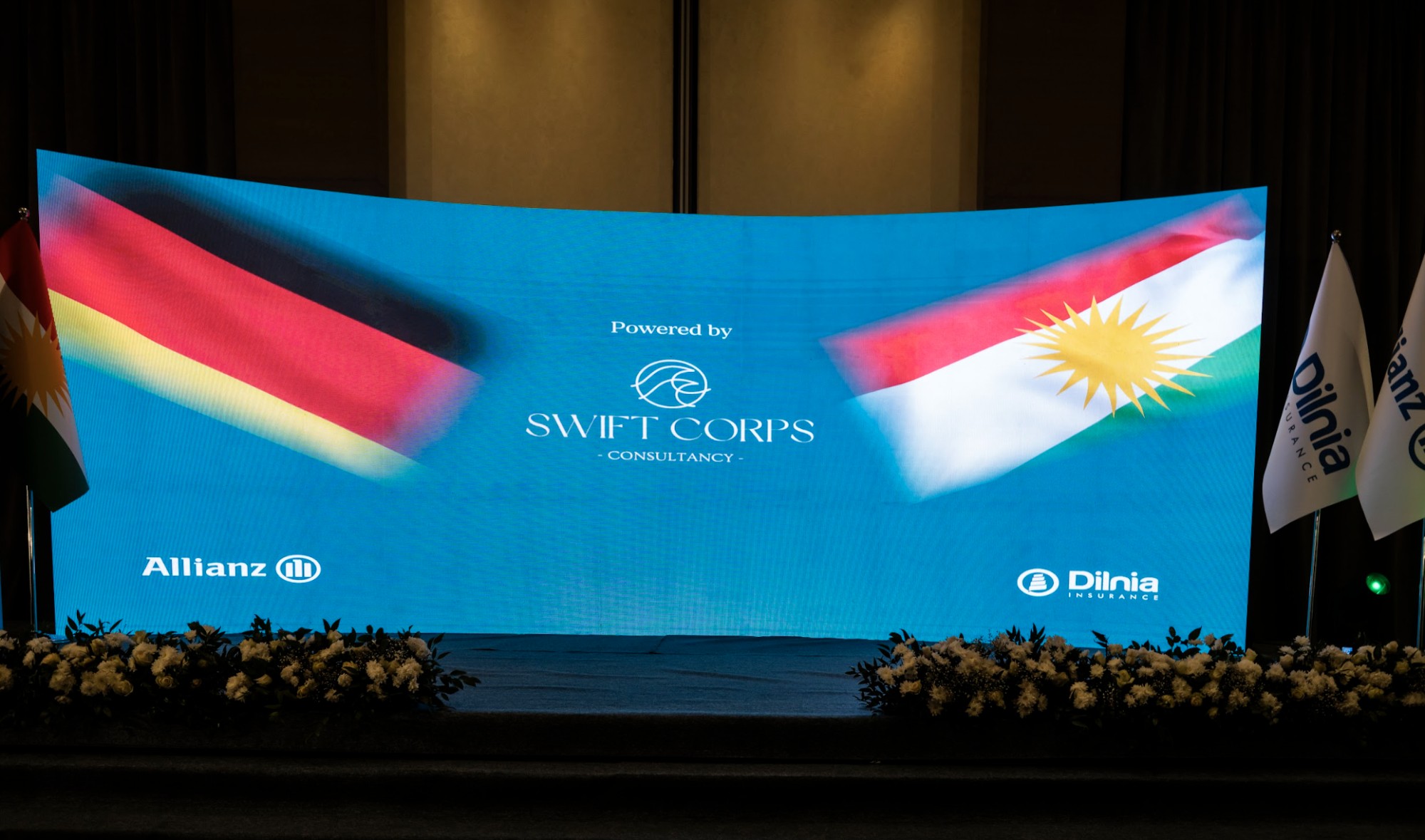A country’s development relies on the security and delivery of key basic services, with reliable, continuous electricity supply being among the most crucial.
During previous cabinets, the Kurdistan Regional Government (KRG) Ministry of Electricity made genuine attempts to assure such supply, but a solution could not be implemented due to various technical and financial obstacles.
As Director of Electrical Energy Affairs in the Erbil Governorate from 2006 until the end of 2014, I participated in most of the ministry’s meetings and technical committees. During this period, the power sector progressed slowly but surely in a step-by-step approach to regulating consumption, assuring supply, and organizing power sales. The first vital step was taken in 2006, when the ministry established a new entity: a power sales department in Erbil with its own sales management software. (Prior to the 1991 Kurdish Uprising, all decisions regarding electricity were made in Baghdad; afterwards, this service was suspended for the cities of the Kurdistan Region.)
Later, efforts were made to train the necessary staff for all specialized sections and units, and each electricity subscriber had their own unique electricity code based on algebraic principles. But we faced a problem: we couldn’t create this code for new neighborhoods because it was confidential and connected to Baghdad’s power sales system. Fortunately, I worked out a process for creating new codes, which became the foundation for managing sales and organizing electrical power bills.
Despite many long days and sleepless nights spent trying to organize the distribution of electricity to the residents of the Kurdistan Region, we were, unfortunately, unable to provide continuous 24/7 electricity to all, what has now become the so-called Light Project.
Smart meter project
The ministry then turned to a newer technology that could provide the answers we needed: smart meters. Nevertheless, while the KRG’s Eighth Cabinet began to adopt smart meters at the end of its administration, progress was slow, and the project became a meaningless financial burden on the government. However, in July 2019, at the beginning of KRG’s Ninth Cabinet, the Ministry of Electricity requested that I manage the smart meter project. All I asked in return was for support from the ministry.
Despite several technical and administrative problems, we successfully managed to install about 25,000 meters in a span of two months, which was an important measurable that the ministry could cite. However, making sure they ran properly and effectively was another matter. For instance, ensuring the meters had internet connectivity with the electricity control room or the software systems controlling them were important considerations that were not being addressed.
I submitted a special report to the Minister of Electricity outlining all technical and administrative issues with the project, but the report was rejected for unknown reasons. I then conveyed to the ministry that properly working smart meters would solve the Kurdistan Region’s electricity supply problem. Judging that the project would fail if the ministry managed it because of a problematic management mentality and operational authority, I explained that I would continue as project manager only if the of the project were to continue under the authority of the Prime Minister’s office. The ministry didn’t accept this condition, and I resigned in September 2019.
Four years later, in 2023, it was concluded that the ministry could not manage this project due to a lack of planning.
The future of electrical power
Today, a highly experienced and devoted technical and administrative team from the Office of the Prime Minister manages the Light Project, which aims to provide 24/7 electricity supply to city neighborhoods while phasing out the use of private generators. All the team’s members operate with the highest professionalism and work ethic. In coordination with several specified parties, this team is implementing the program to bring 24/7 electricity supply to city neighborhoods while gradually phasing out private generators.
But there is still a long way to go. Erbil’s average electricity demand load in December was approximately 2500 megawatts (MW), while the average supply load was approximately 950 MW. Addressing this 1550-MW gap is a major challenge.
Certainly, providing continuous electricity to one neighborhood reduces the supply for others, but when and how?
In my view, if there is a 24/7 electricity supply to any neighborhood and citizens pay approximately the same amount that they paid previously for both private generators and access to the national electrical grid, more citizens will be conscious of their electricity usage. Step by step, the demand load of neighborhoods with 24/7 electricity supply will decrease, thus reducing the overall electricity demand load, leaving us with what can best be described as the true electricity demand. Citizens will try to limit their energy usage to avoid paying higher bills.
After this phase, the government can implement several other modernization programs to reduce the electricity demand load. For instance, if we examine supply and demand, we discover significant power loss between both sides. This shows that working on reducing demand is more important and practical than increasing supply, as reducing 1 MW of demand equals the addition of 1.5 MW of supply. Therefore, no matter how much work is done to suppress demand, it can never be enough.
My suggestion is that during the KRG’s Tenth Cabinet, the Ministry of Electricity’s programs and policies should be handed over to the team currently managing the Light Project. In this way, they can benefit from the expertise of engineers, technicians, and devoted employees within the ministry and electricity departments and help us realize the goal of providing 24/7 electricity to our citizens.
Dr. Nyaz Taher is the Chief of Staff to the Erbil Governor, and Lecturer at College of Engineering-Salahaddin University in Erbil.

